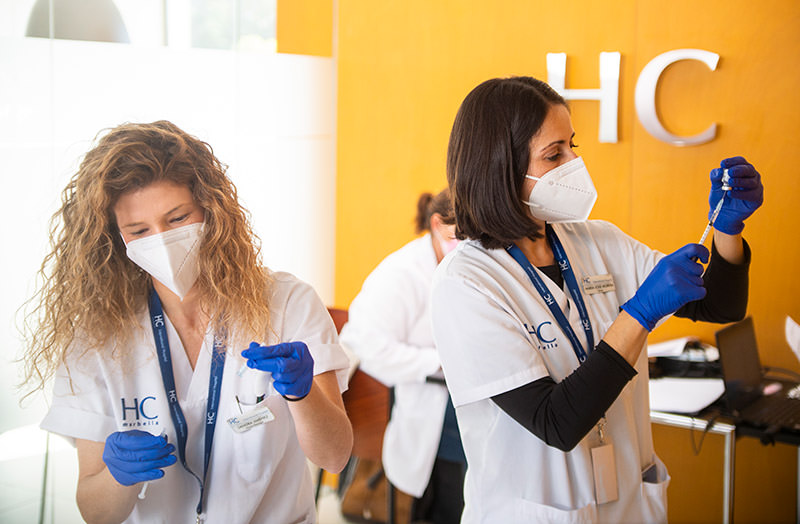22 February, 2021
Pregnancy and COVID-19 vaccination

On 21st December 2020, the European Union authorised the use of the COVID vaccine.
The use of this vaccine in women who are pregnant, breast feeding or planning a pregnancy generated much doubt and uncertainty. For this reason, our centre wanted to pass on the information available to us on the subject at this moment in time.

Laboratory studies in animal models have not demonstrated any risk to pregnancy, however, the information on its use during pregnancy is still very limited.
The Pfizer and Moderna vaccination data sheets do not mention pregnancy or breast feeding as contraindications, but they do point out that experience of their use during pregnancy is limited, for this reason they should only be considered when the benefits outweigh the risks. In regard to breastfeeding, they indicate that their excretion in breast milk is unknown.
On their website, set up to provide information on the specifics of COVID vaccination, the Ministry of Health
states on the question of the pregnancy and breastfeeding (updated on 7th January and consulted on 10th January 2021):
• Although there is no indication for safety concerns in the vaccination of pregnant women, there is not sufficient evidence to recommend its use during pregnancy. In general terms, vaccination of pregnant women should be postponed until the end of pregnancy. If the pregnant woman is at high risk of exposure or high risk of complications, the vaccination may be considered on an individual basis.
• Neither is there any data on the possible side effects of the vaccine during breastfeeding (nor on milk production or on the breastfed child), although taking into account the type of vaccine currently authorised (Comirnaty, Pfizer/BioNTech) it is not thought to carry a risk for the breastfeeding child, therefore breastfeeding women at a high risk of exposure or at a high risk of complications can be considered for vaccination on an individual basis.
• In women who are planning to become pregnant, mRNA COVID-19 vaccines do not contain live virus and are therefore very unlikely to lead to problems in the foetus or the pregnant woman. In any case, if a pregnancy is planned, wait for 2 weeks after the second dose has been administered as a precautionary measure.
Recommendations from the AEP (Spanish Association of Paediatrics),

based on the limited information available, and while no better testing is available, are to assess aspects such as the level of infection transmission in the community, the risk of exposure and whether it is possible to reduce it, the risk of severe disease and the safety data of the vaccines available. Dependant on this, the pregnant or breastfeeding woman will have the option to select whether to accept or refuse the vaccine:
- In the context of high community transmission, consider offering the COVID vaccine to pregnant women at high risk of unavoidable exposure and high risk of severe disease (age, obesity, pre-existing hypertension, diabetes or other illnesses), providing the necessary information so that the pregnant woman herself can decide whether or not to have the vaccination.
- In the case of women of childbearing age who are planning a pregnancy, the recommendation is to wait at least two weeks between the administration of the second dose of the COVID-19 vaccine and the onset of pregnancy, as a precautionary measure.
- Considering the importance of breastfeeding and the accumulated experience with other inactivated vaccines: in women who have received the Comirnaty (Pfizer) vaccine, start breastfeeding as usual and do not stop. If the vaccine is indicated, do not delay vaccination for this reason.

Consultant Gynaecologist, specialist in assisted reproduction

Back to blog
In other news

9 August, 2015
Prices and Options for Egg Donation cycles
Egg donation is intended for women whose ovaries have lost the ability to produce healthy eggs, nece...
[Continue reading ]23 September, 2021



